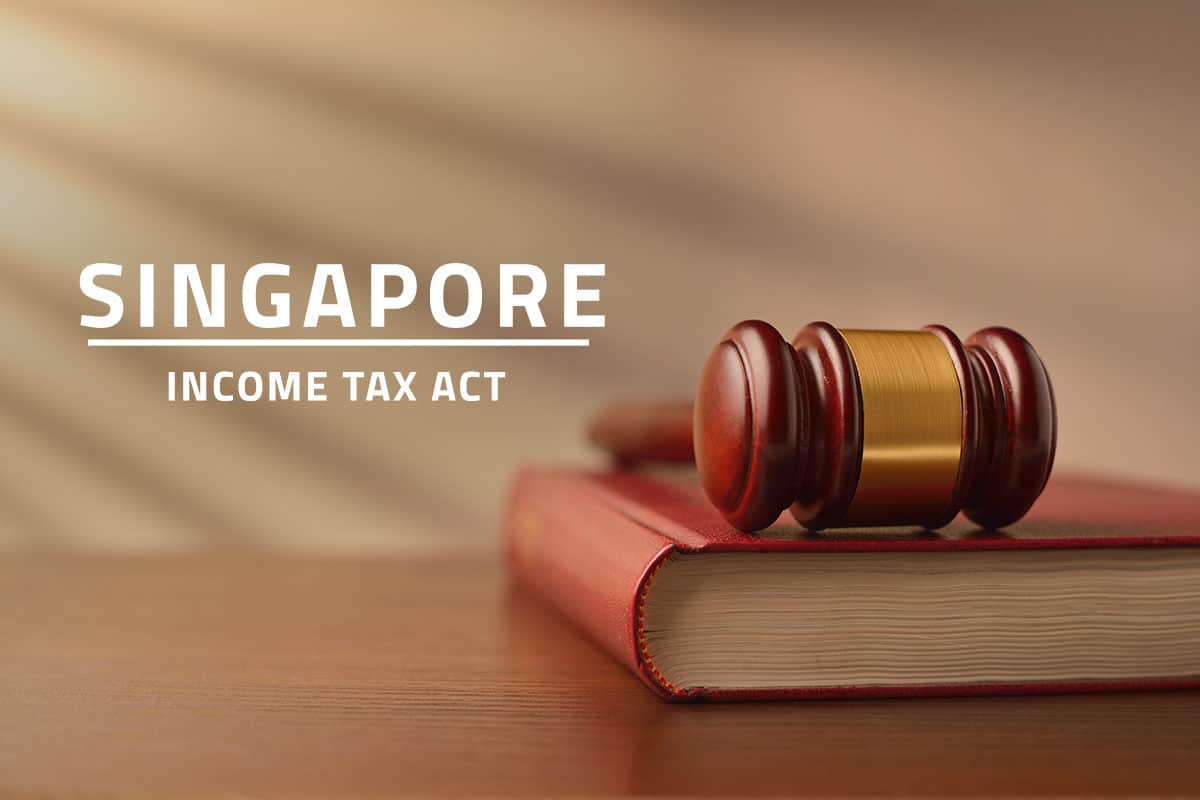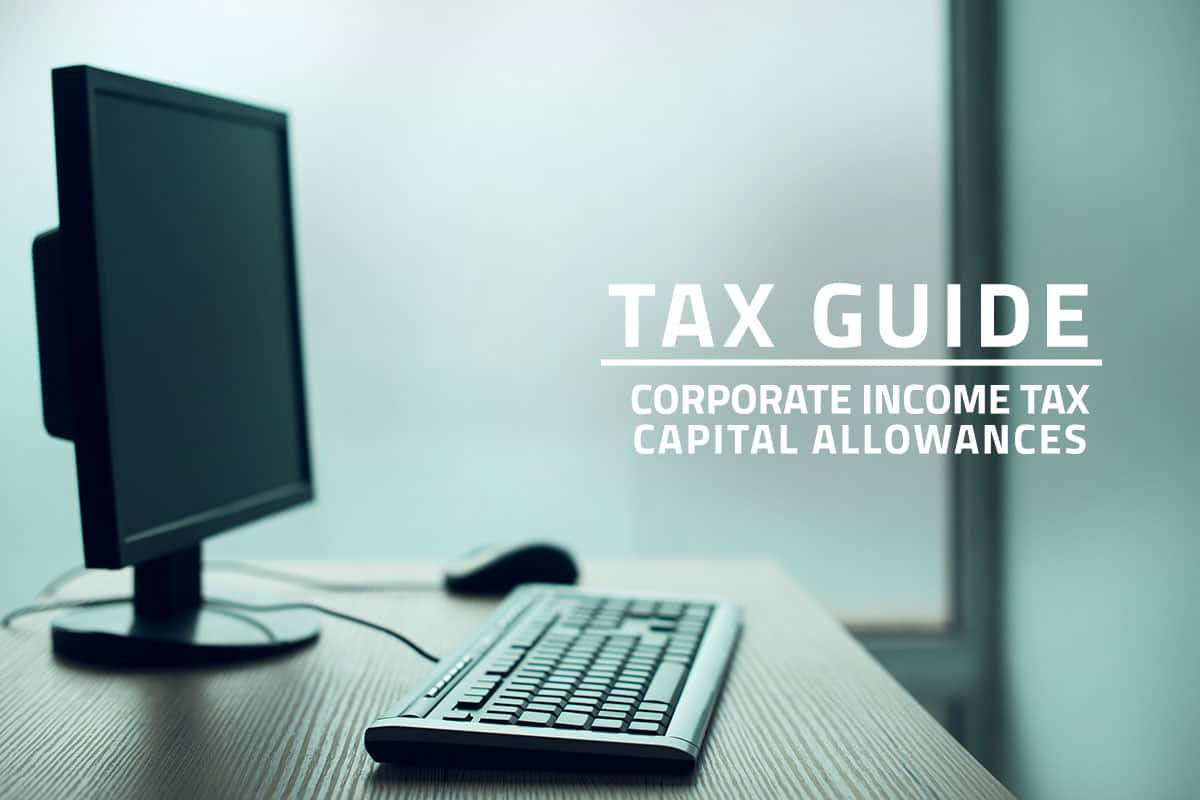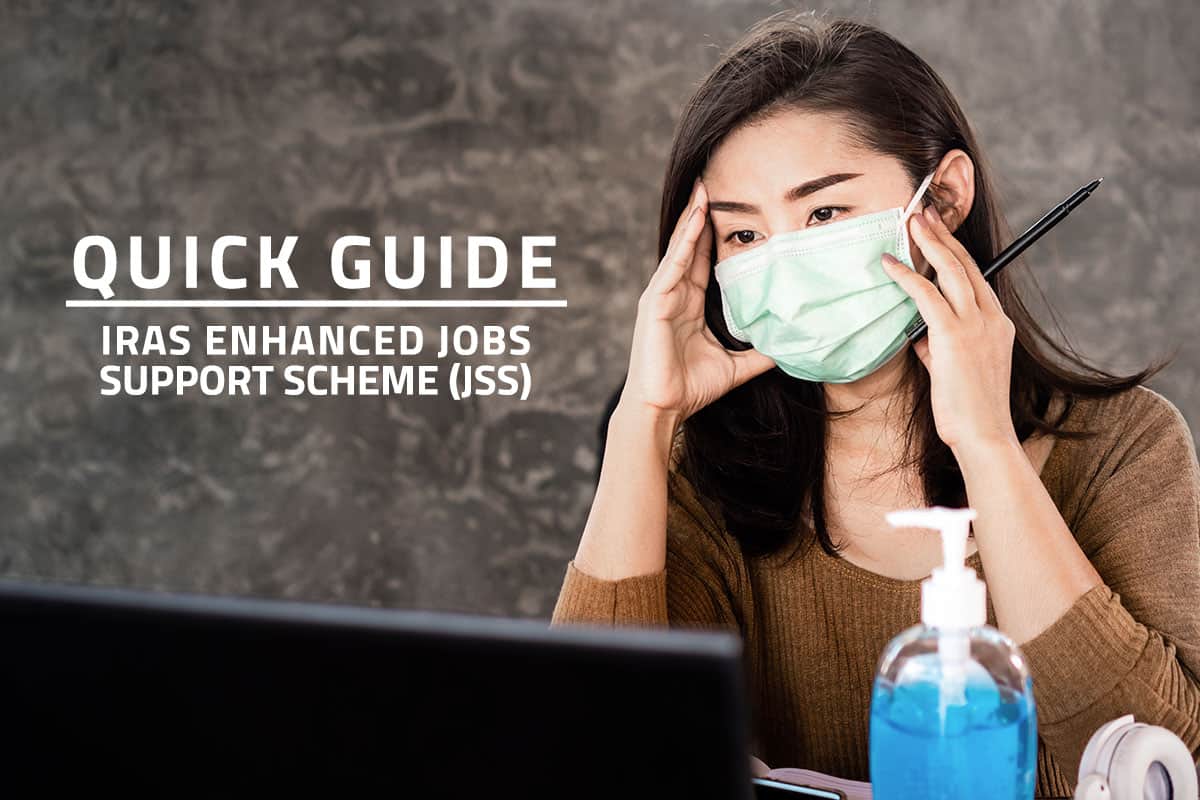Foreign companies looking to set up subsidiaries in Singapore should be well aware of the local corporate taxation laws. It is also vital for local business owners to keep abreast with the latest tax regulations in the country.

The Income Tax Act of Singapore is the law that governs both individual and corporate taxation matters. Various income sources that are subject to corporate taxation and expenses eligible for deduction are spelled out in the Income Tax Act. The Inland Revenue Authority of Singapore (IRAS) is the regulatory authority staffed by tax professionals and regulators that facilitates the collection of tax revenues from companies as all tax submission payments and refunds go through IRAS. As the key tax administrator for the Singapore Ministry of Finance (MOF), IRAS provides inputs for tax policy formulation, and also actively monitors developments in global tax environment changes.
Singapore Income Tax Act – Key Provisions
The IRAS website provides many references on the interpretation of the Income Tax Act regarding sources of income, deductibility of expenses and exemption of income. All these are sourced from the provisions written into law in various sections of the legislation. Some key sections that are most relevant for Singapore companies include:
Section 10 – mainly defines sources of income that are subject to tax. These include gains or profits from any trade, business, profession or vocation, for whatever period of time such trade, business, profession or vocation may have been carried on or exercised, dividends, interest or discounts, rents, royalties, premiums and any other profits arising from property or any other gains not explicitly specified. Companies in the leasing business may refer to Section 10D which governs income from finance or operating leases as well as the allowance eligible for deduction against lease income.
Section 13 – mainly defines income sources that are specifically exempted from Singapore income tax. Such sources include interest earned on qualifying debt securities, shipping profits, income earned by approved a licensed fund manager and gain from disposal of shares. The Act spells out all conditions to be fulfilled in order to quality for tax exemption. Companies would stand to gain by zooming on this section of the Income Tax Act to stay updated on exempt income provisions for various companies in different sectors.
Section 14 – mainly defines expenses that can or cannot be deducted against the income earned for any particular Year of Assessment (YA). In general, expenses incurred that are wholly used for generating income are allowed as deduction against income. Certain expenses may be claimed more than the cost such as costs incurred for trade fairs and exhibition. These are spelled out under the subsection 14A.
Section 15 – spells out expenses that are not eligible for deduction against income such as domestic private expenses or capital employed improvement of property.
Section 16 to 25 – spells out capital allowances that are eligible for deduction. The sections are most relevant to companies with substantial property, plant and equipment.
Section 43 – specifies the Income Tax rate which is currently at 17% of chargeable income.
Income Tax Administration – Basic overview
In general, corporate tax returns are filed annually to IRAS via Form C or Form C/S. A detailed tax computation must be submitted to IRAS in full compliance with the provisions of the Income Tax Act as described above. Singapore companies can refer to our IRAS Income Tax filing YA2020 article for a detailed look on the key deadlines and deliverables to IRAS as well as a simple guide to staying compliant with Singapore tax regulations.
Consulting a qualified tax professional is a good option to ease your tax filing procedures, especially tax computations which may require detailed knowledge on the Singapore Income Tax Act. With over 30 years of service in the industry, our experts and consultants at PWCO are well-equipped to assist any company in navigating the tax environment in Singapore.
Related Posts
Tax Guide: Singapore Capital Allowances
By law, all Singapore Companies are required to file annual income tax returns to the…
Quick Guide: IAS 20 – Accounting for Government Grants
This year, the COVID-19 crisis has adversely impacted the global economy. Singapore is no exemption,…
Singapore Guide: ISCA FRB 6 – Accounting for Jobs Support Scheme
This year, the COVID-19 pandemic has inevitably adversely impacted the global economy. Singapore companies and…
Quick Guide: Singapore’s Enhanced Jobs Support Scheme (JSS)
The Singaporean government launched the Jobs Support Scheme (JSS) in late April as part of…












